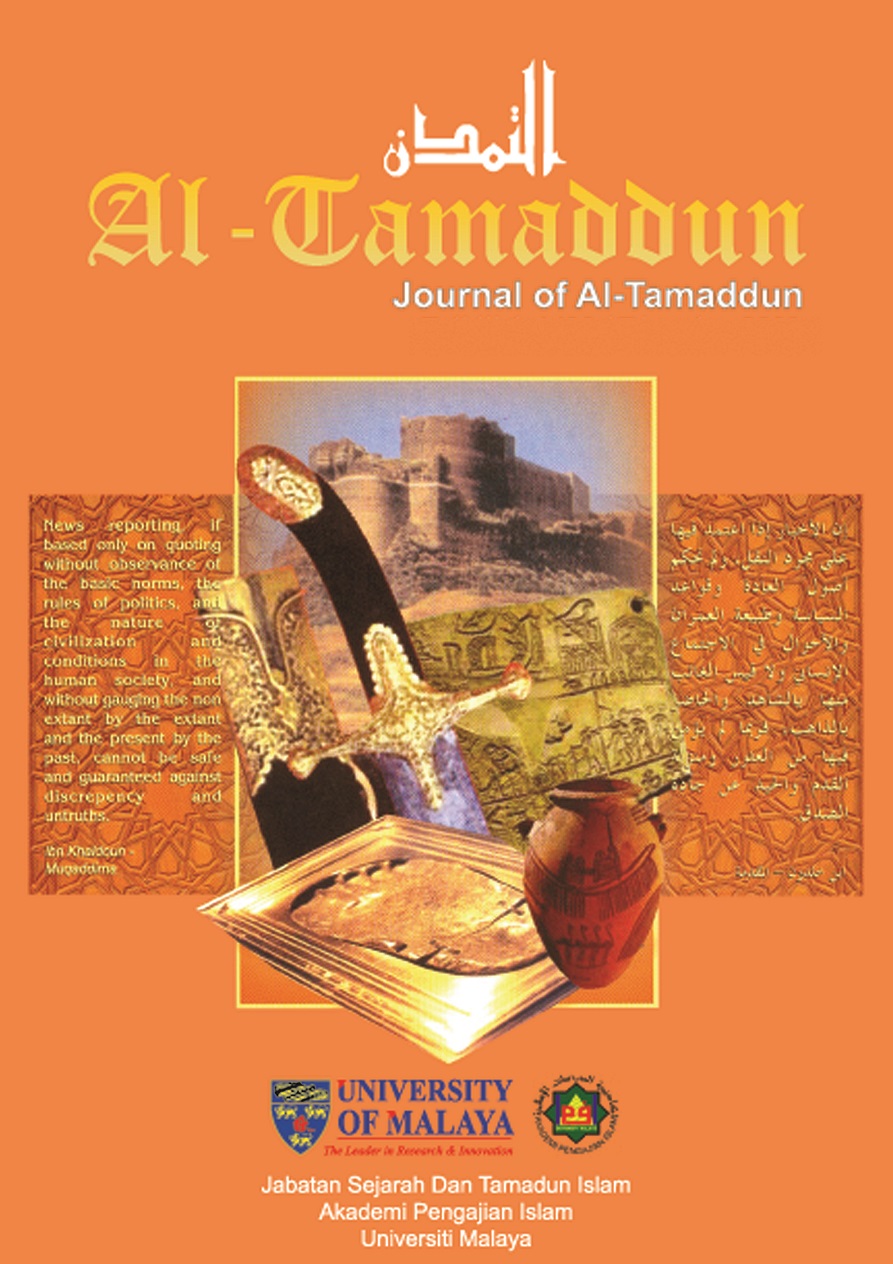Religious Tolerance among Indonesian Islamic University Students: The Pesantren Connection
DOI:
https://doi.org/10.22452/JAT.vol19no2.16Keywords:
Religious Tolerance, Pesantren Experience, Islamic Universities, Interfaith Relations, Social Identity TheoryAbstract
This study examines how Pesantren education shapes religious tolerance among students at Islamic universities in Indonesia. Pesantren, traditional Islamic boarding schools, offer a distinct educational experience that emphasizes religious, moral, and social development, setting them apart from formal education. Using a survey of 1,004 students from three Islamic universities in mid-2023, the study investigates key dimensions of religious tolerance through Welch’s t-test. This statistical method was chosen for its ability to handle unequal variances across groups, making it suitable for comparing tolerance levels between Pesantren and non-Pesantren attendees. The analysis reveals that Pesantren attendance significantly enhances interfaith tolerance, particularly in promoting respect for diverse religious practices and fostering open-minded attitudes. These findings highlight the critical role of Pesantren in nurturing tolerant perspectives within Islamic academic environments. The study offers practical recommendations for integrating interfaith dialogue into Islamic education curricula and developing policies that support social cohesion in Indonesia’s diverse society. Furthermore, by applying Social Identity Theory, this research illustrates how religious identity formation within Pesantren contributes to broader social harmony and tolerance. The findings have important implications for educators and policymakers seeking to create more inclusive and tolerant learning environments.
Downloads
Additional Files
Published
How to Cite
Issue
Section
License
Copyright (c) 2024 Journal of Al-Tamaddun

This work is licensed under a Creative Commons Attribution-NonCommercial 4.0 International License.
By submitting manuscripts to the Journal of Al-Tamaddun, authors agree to transfer copyright to the journal. However, authors may republish their work or grant others permission to republish it; in which case it should be accompanied by a proper acknowledgment that the work was originally published in the Journal of Al-Tamaddun. The journal adopt CC-BY-NC licence which authors may also share and distribute their article anywhere of non-commercial website, social media and repositories immediately on publication.
Authors may also reuse the Abstract and Citation information (e.g. Title, Author name, Publication dates) of their article anywhere at any time including social media such as Facebook, blogs and Twitter, providing that where possible a link is included back to the article on the journal site.










